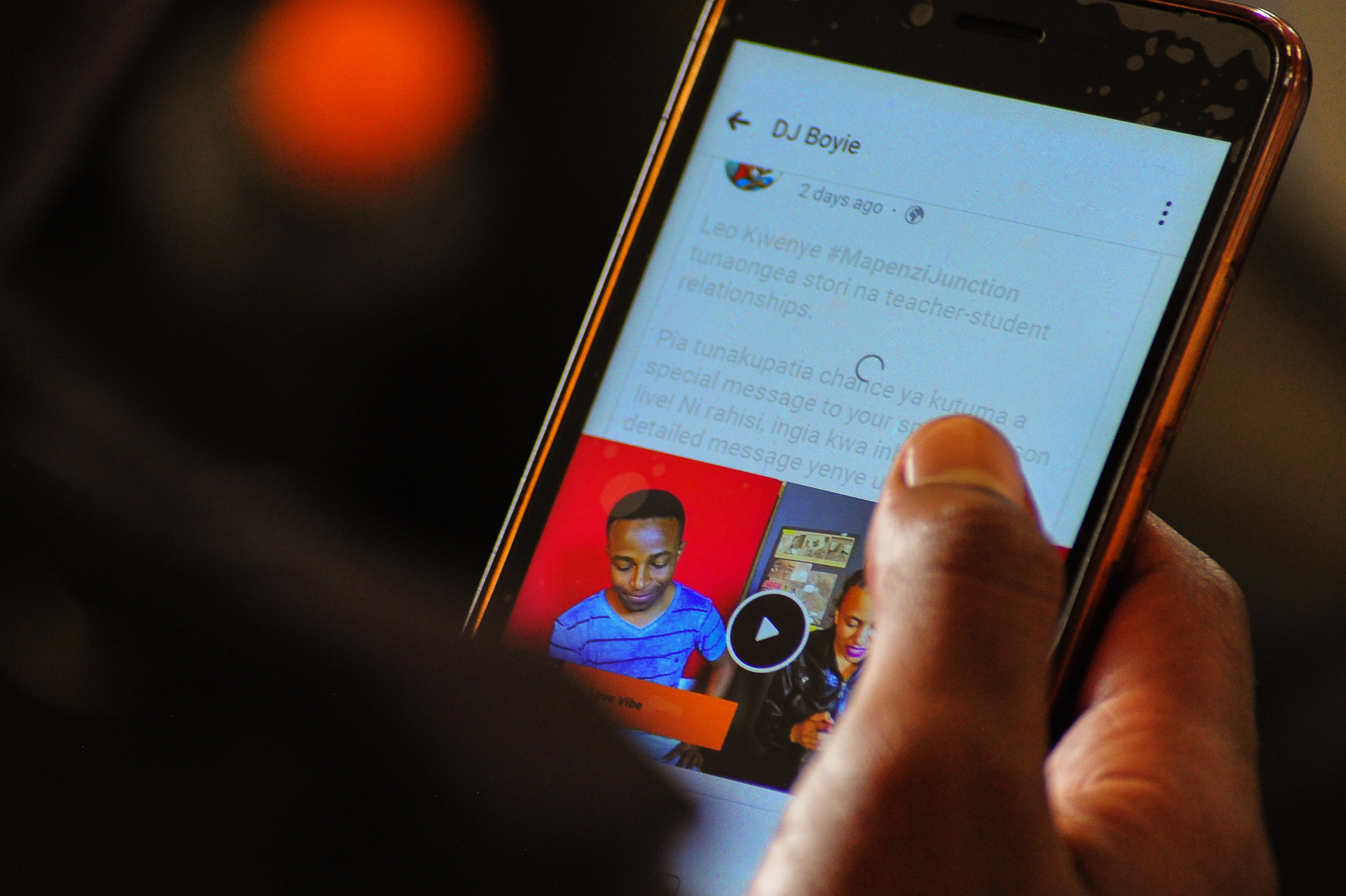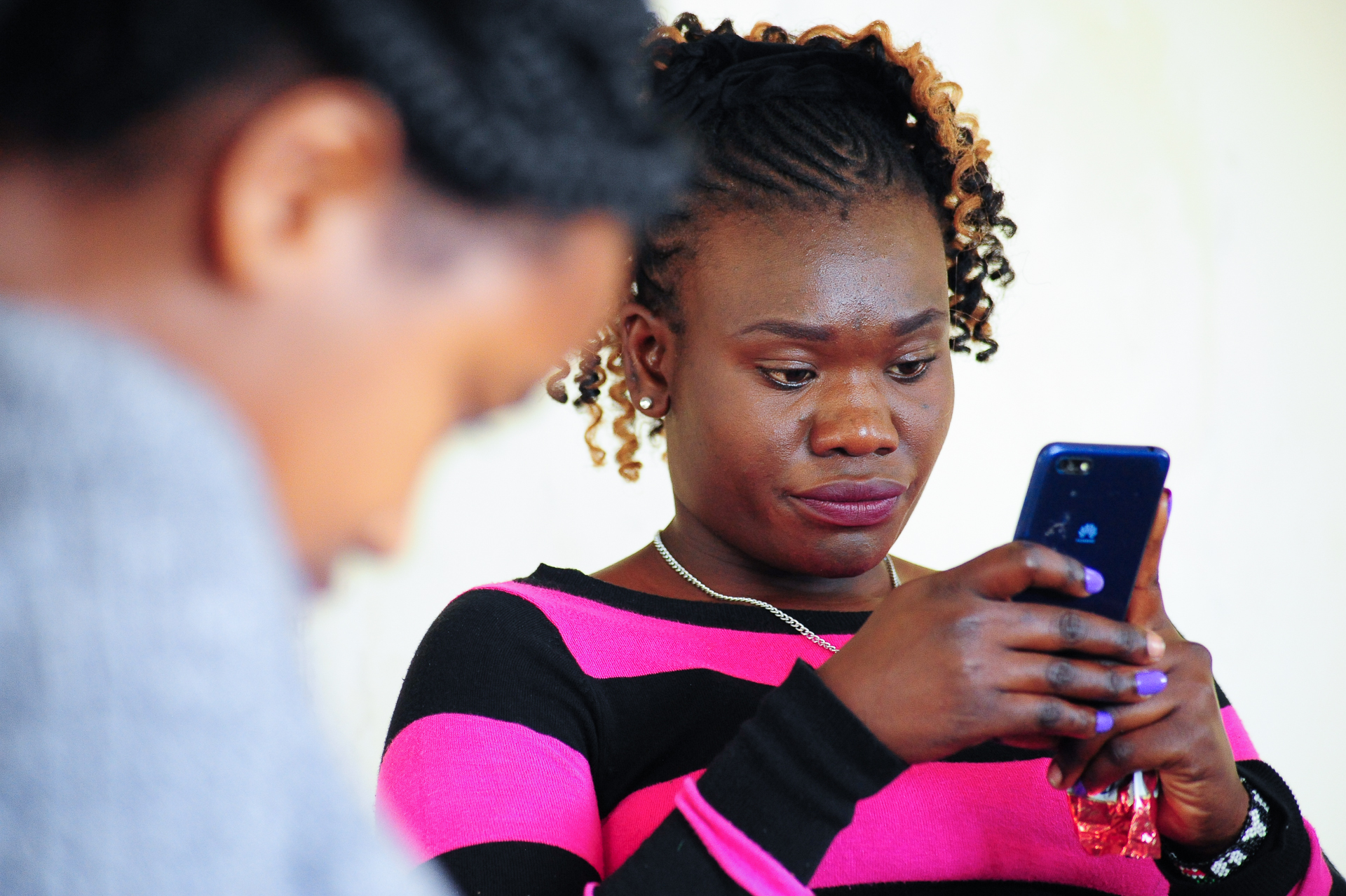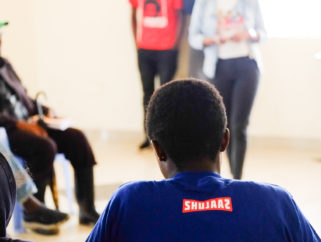“Humanity will change more in the next 20 years than in the previous 300 years”. [ARCHIVE]
- Tech & Innovation
- 19 Sep 2018

This summer, the Well Told Story (Shujaaz Inc) team were invited to join a conversation on data-driven, future-oriented policy-making at the 6th annual FTA-Future in the Making conference organized by the Joint Research Centre of the European Commission.
Today’s policy-makers can no longer make decisions based on the current state of affairs. All policies have to consider the mega trends, which will define the shape of the global society 20-30-50 years from now, including:
> Demographic changes leading to doubling and tripling of the population in selected countries (e.g., East African community) in parallel with other countries losing 30-40% of their population (e.g., Balkan countries);
> Shift in inequalities – while the global effort in reducing inequalities between countries has been relatively successful, the past decade has seen an increase in inequalities within countries;
> Growing consumerism resulting from increasing middle class and urbanization;
> Domestic and international migration and the shift in social dynamics;
> Climate change coupled with environment degradation and resource scarcity – e.g., the existence of 33% of jobs depends on access to water, future health and inequality challenges will be closely associate with access to quality water and air;
> Expanding influence of the Global East and South and increasing competition between the East/South and the West leading to manufacturing and service production relocating to Africa and Asia while Western countries have to find a new niche in the global market space;
> Accelerating technological change resulting in hyper connectivity and changing nature of work – future generations will need different, mostly cognitive, skills to fit in the job market;
> Changing security paradigm due to cybercrimes.
The same global trends are already affecting the field of international development, across various sectors and SDGs, with many practitioners struggling to deliver programs that are tailored to a diverse global population while also fitting the characteristics and needs of various individuals, cultures, and social groups. Success in this endeavour would depend on getting the right data into the hands of the right people at the right time.


With the rise of the “digital generation,” we have access to an unprecedented volume of data; according to our most recent annual “State of the Youth” surveys, 44% of youth aged 15-24 in Kenya and 22% in Tanzania already have access to the internet – all of them leaving behind “digital traces” of visits, reactions, shares, comments, photos, videos, etc.
As noted by one of the FTA speakers, “Data are the new oil; Data are power; AI is the new electricity.” Technology is a great tool for making sense of data because it is exponential, combinatorial and convergent – it is everything that humans are not. Yet, we need to govern technology to deliver value to people, who produce and own the data.
At Well Told Story (Shujaaz Inc), we’ve been exploring Big Data analytics and digital spaces for over 5 years, learning how young people engage online, what makes them excited and talking and how we can use our insight into youth “digital behaviors” to develop new offers nudging social change. While this remains a work in progress, we already have more nuanced understanding of youth “digital segmentation”; we’ve trialed exciting digital products and can trace positive normative shifts and ever-increasing agency among Shujaaz fans on social media. There are more exciting insights to come – so, watch this space.



![ICT4D: They say, billions of dollars will be unleashed by the global digital economy in the next 3-5 years [ARCHIVE]](https://www.shujaazinc.com/wp-content/uploads/2019/12/BKM_0626-copy-321x242.jpg)
![Keeping up with the pace of global digital transformation [ARCHIVE]](https://www.shujaazinc.com/wp-content/uploads/2019/12/BKM_0594-321x242.jpg)
![Using WhatsApp to learn what’s up [ARCHIVE]](https://www.shujaazinc.com/wp-content/uploads/2020/01/DJ-B-on-Phone-W-321x242.jpg)